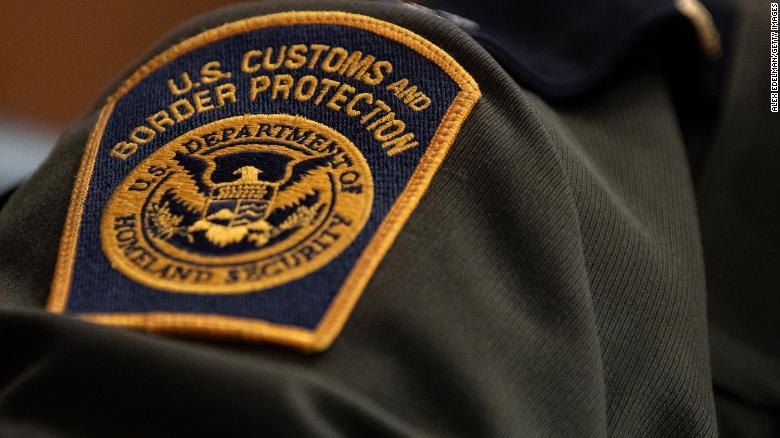As tensions have risen between the U.S. and Iran over the past few weeks due to the killing of Iranian general Qasem Soleimani, many Iranian American travelers have been seemingly targeted by Customs and Border Protection officers throughout the country. At the Canadian border, a US border officer claims that they were told to stop travelers who were born in Iran, causing many American citizens of Iranian descent to be detained for up to 12 hours and extensively questioned. However, the U.S. Customs and Border Protection agency (CBP) claims that they did not issue a directive for officers to detain and question people of Iranian descent.
While it is understandable that there would be additional security measures in place during times of heated tensions with other countries, I think that travelers, especially those who are US citizens, shouldn't be subjected to so much discrimination by border officials. In response to the detaining of many American citizens based solely on their country of birth, the National Iranian American Council filed a complaint with the Department of Homeland Security's Office for Civil Rights and Civil Liberties, which I think is completely justified given the difficult experiences that hundreds of Iranian Americans faced while entering the country.
Who do you think is responsible for the detainment of these American citizens born in Iran? Are the border officers to blame or is the Customs and Border Protection agency responsible?
In times of high tensions, what measures should be taken to maintain security while also protecting the rights of citizens who are entering the country? What can be done to prevent incidents like this from occurring in the future?

5 comments:
I do understand that in times of high tensions with other countries, it makes sense to keep an eye out for people who enter the United States who are part of the country we have issues with; however, it is not justified that these Iranian descendants need to go through intensive interrogation since they are citizens - meaning that they are loyal to the United States. I also do know that this is somewhat of an assumption to make but I do have trust that these people would not potentially be terrorists or be a threat to the states. This slightly reminds me of the Japanese internment where Japanese-Americans were placed in internment camps since Japan bombed Pearl Harbor. If non-US citizen Iranians perhaps were entering the US then I think it would make sense for those people to be questioned. Moreover, this same pattern can be applied to people from other countries if the US has a tense relationship with them.
I agree that the National Iranian American Council is justified in filing a complaint. Ultimately, I think the responsibility lies with the President, who first ignited the tensions when he killed the Iranian general. Without Trump's initial decision, border officers would not have a blatant reason to discriminate against Iranians. Perhaps if the Customs and Border Protection agency set a policy of no discrimination, the customs questioning would die down.
I think that detaining these Iranian citizens seems to be a bit excessive even in the time of high tension between the United States and Iran. Just to play the devil's advocate, the purpose behind these heightened security measures lies in protecting the United States. I think that 99% of the time, these citizens are no threat whatsoever and have no reason to be detained or thoroughly questioned. However, the measures are taken for the 1% who might pose somewhat of a threat. Despite this, United States citizens should still be treated as what they are: citizens. 12 hours definitely feels too extreme and unnecessary.
While I agree with Will that 12-hour detainment seems quite excessive for most innocent citizens, it is difficult to determine how long it is not excessive then for interrogating individuals suspected of crimes against the US. I believe that the length of detainment should be up to the US Customs and Border Protection since that is the most involved agency. In addition, the agency should also clarify what their expectations are for detaining suspects to alleviate some tension. During times of high tension, I think it is best to explicitly designate what is expected and what is not for citizen involvement, in order to prevent outrage from the public that could be easily avoided if they understand what will be involved.
Post a Comment